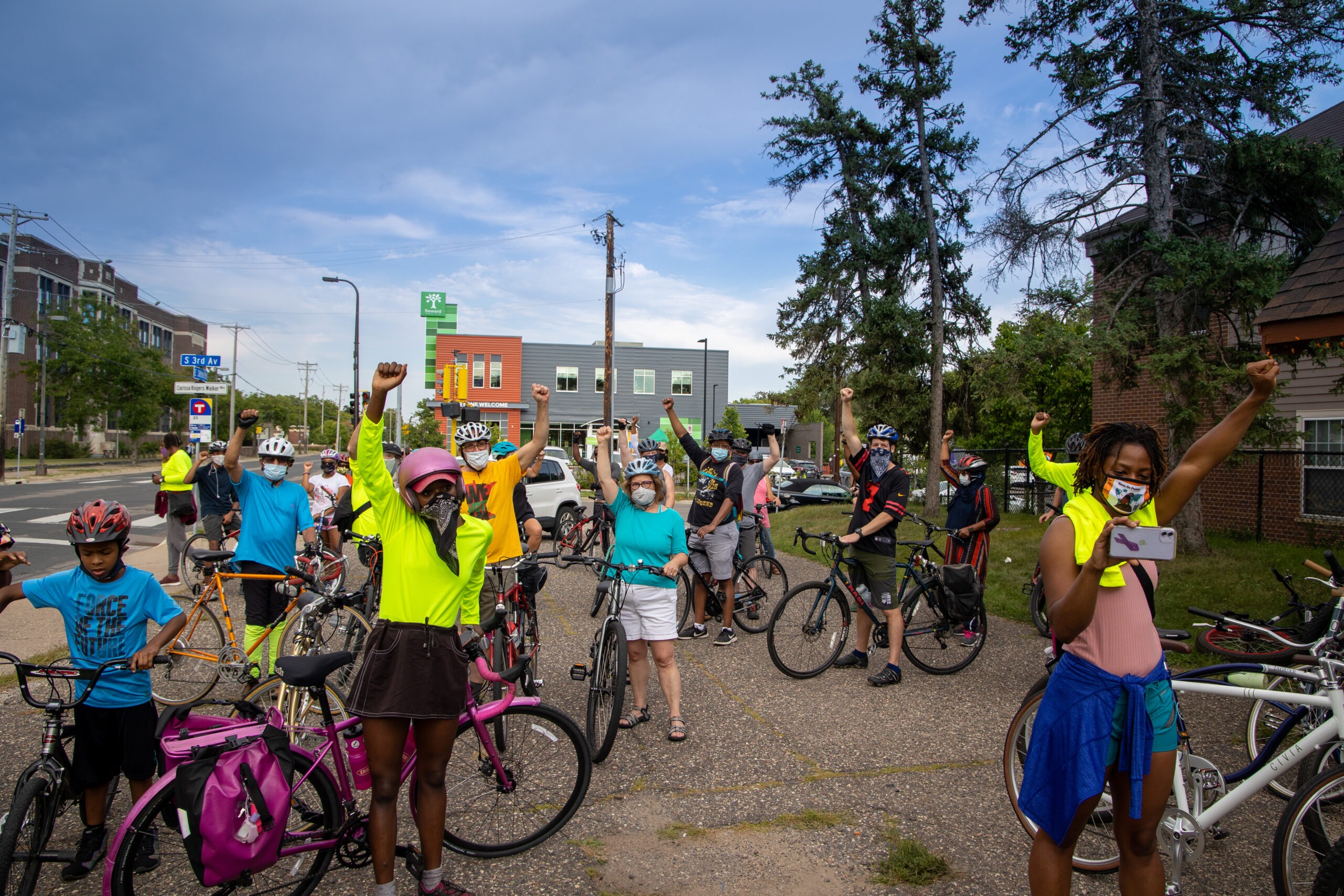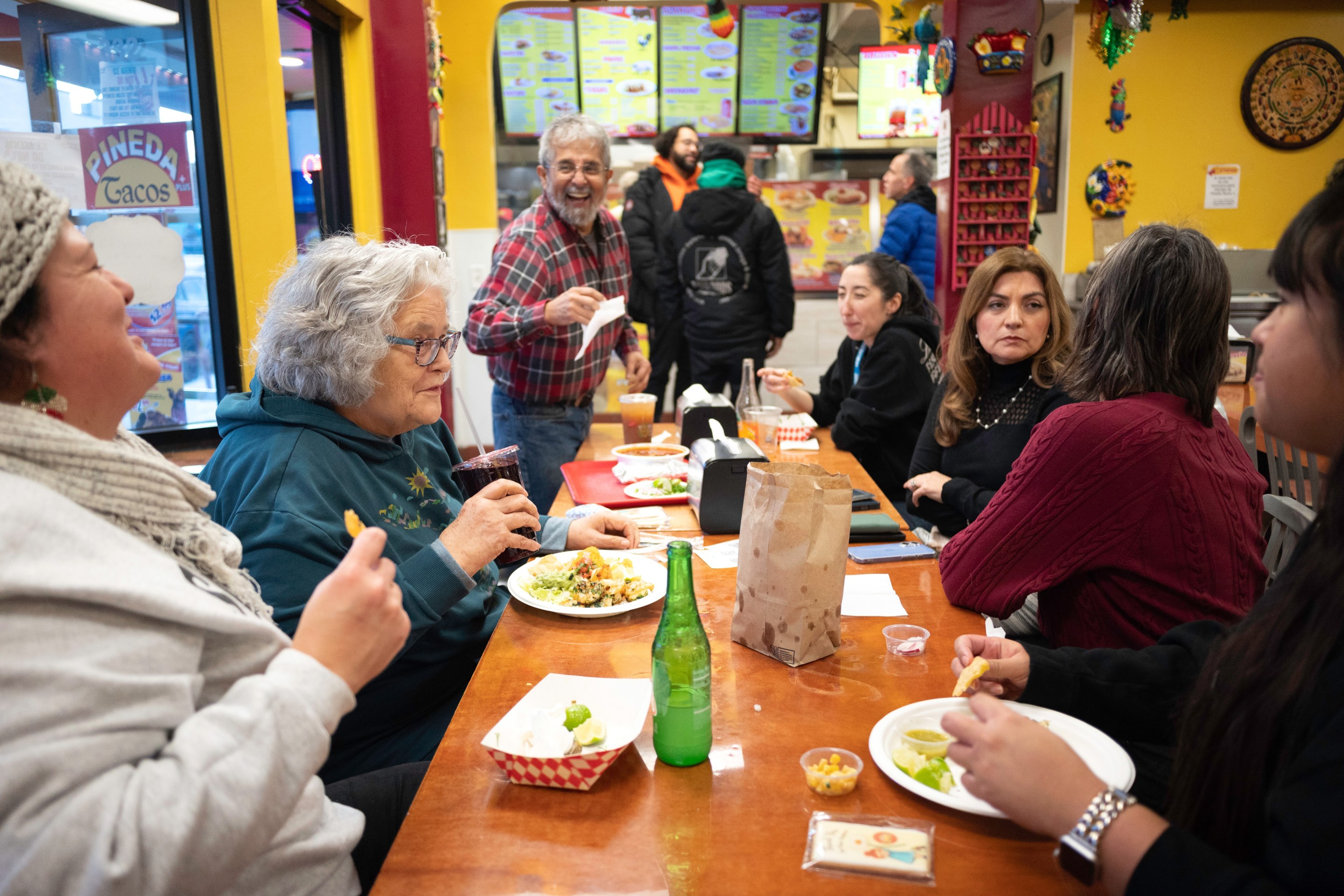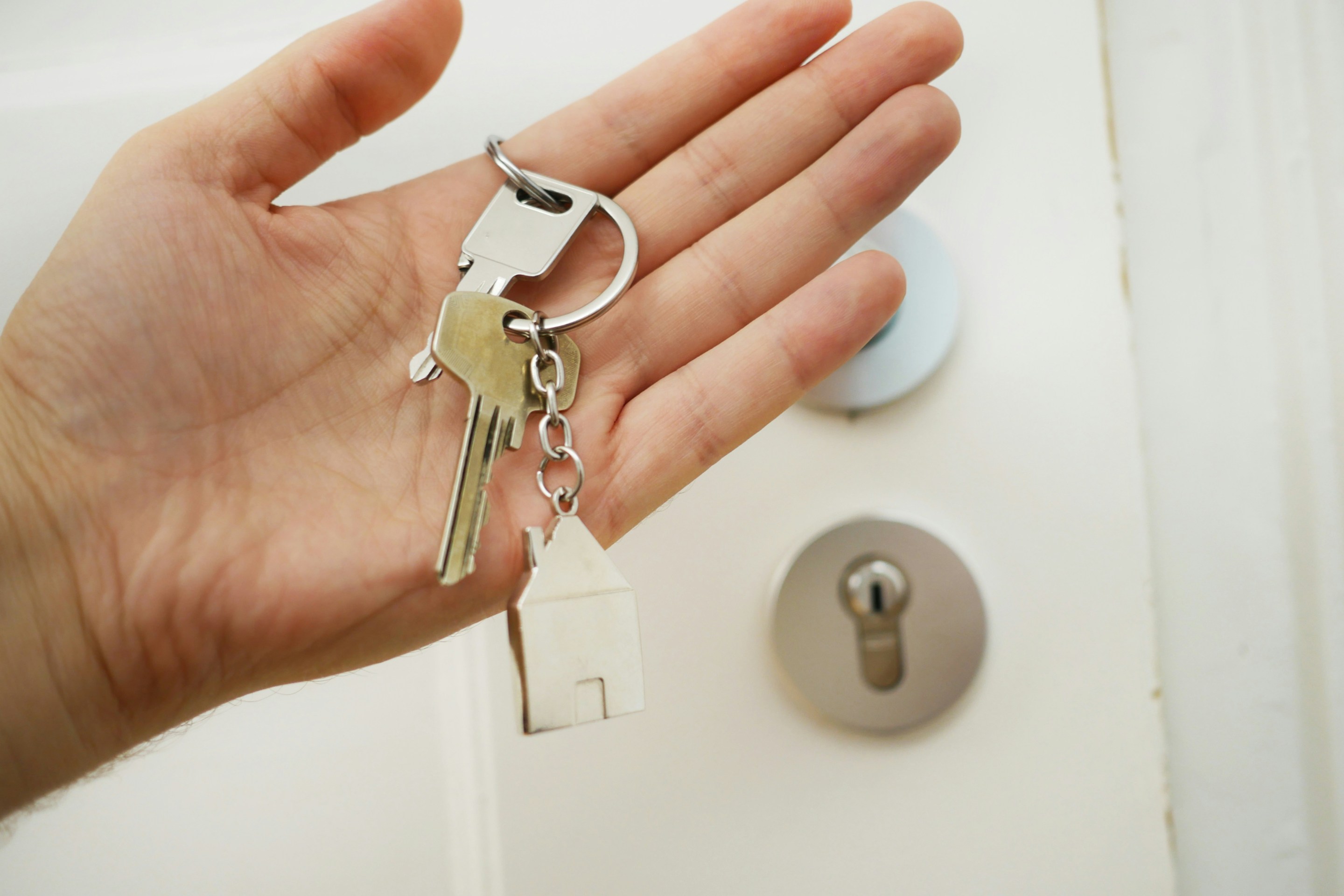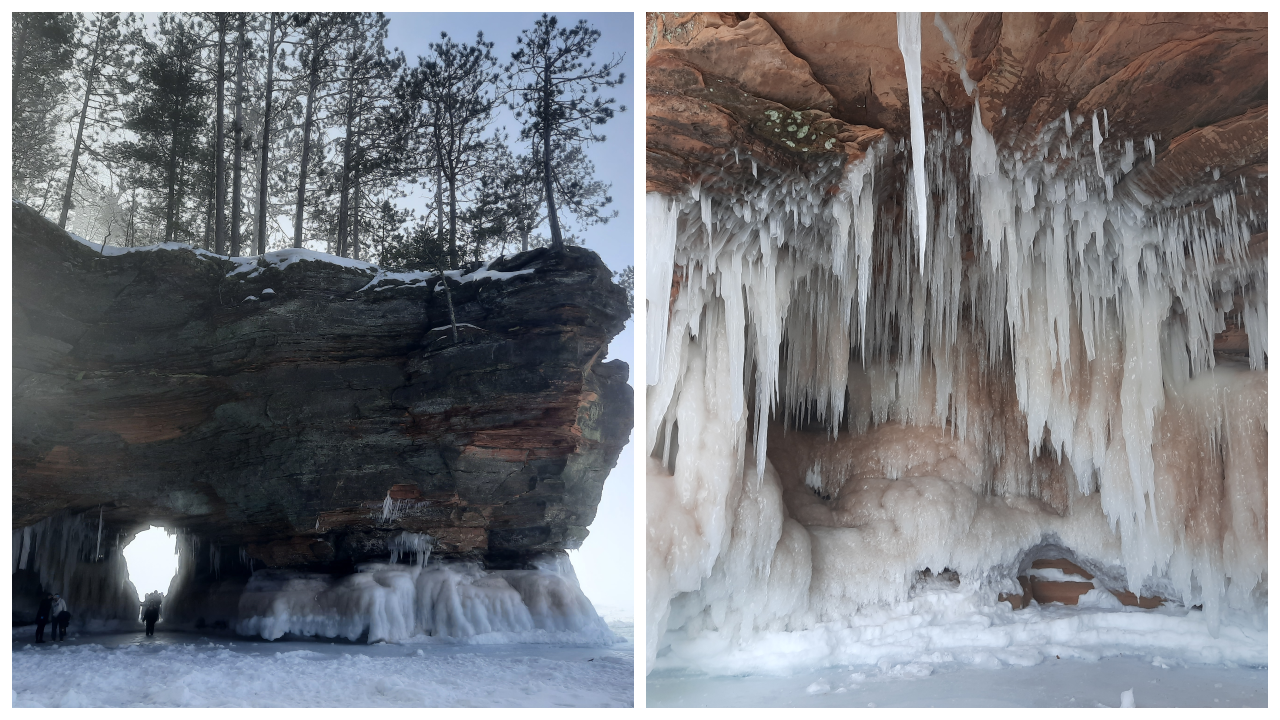There’s a frustratingly pervasive myth that the great outdoors is equally accessible to everyone.
“Get outside!” we’re told, and it is good to get outside: The mental and physical benefits are well documented. It can also be expensive, with fees attached to park passes and steep price tags on the necessary gear. Getting into Minnesota’s more far-flung places is difficult if you don’t have reliable transportation; as one source for this story quipped, there’s no affordable Uber to the North Shore. Education and instruction aren’t equally available, or often, affordable. Depending on your race, your gender, and your body type, the outdoors can be exclusionary, or even unsafe.
Which is why a number of Minnesota organizations are working to make the outdoors available to everyone, not just the folks who look like they stepped out of a Patagonia catalog. They’re connecting people through group rides and hikes, distributing knowledge through skill shares and retreats, and ultimately trying to remove the barriers—emotional, financial, and educational—that keep people from enjoying Minnesota’s natural resources.
“It’s not just being outdoors—it’s the benefits of being outdoors, it’s the benefits of being in nature and being active that we care about,” says Anthony Taylor of Melanin in Motion, a group connecting Black, Indigenous, and other people of color to the outdoors. “We live in a city where we make significant investment in outdoors and green space, and we want every community to realize the benefits of that investment.”
And if it isn’t clear from these conversations, they want you to come out and join them. Yes, you.
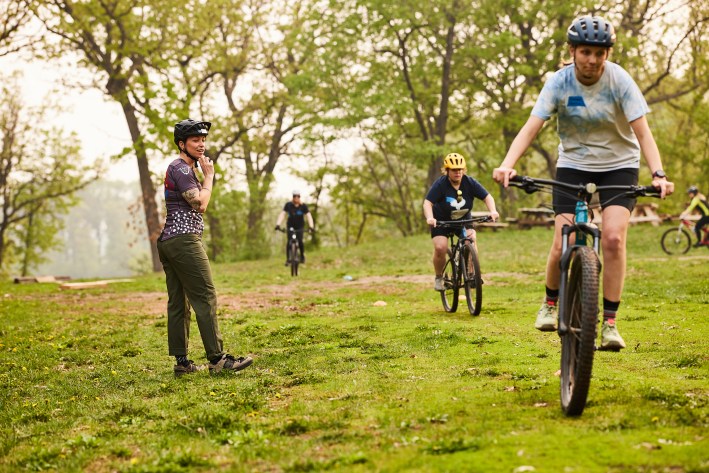
Midwest Dirt Legion
In the days before she was one of the leaders of Midwest Dirt Legion, Kelly Draehn met up with a bunch of mountain bikers for one of her first group rides. She was ready to have a blast on the singletrack trails at Savage’s Murphy-Hanrehan Park Reserve; she was also riding an old, heavy Specialized bike.
“Within five minutes, it was me and the sweep [the rider who makes sure no one gets left behind] just riding by ourselves,” laughs Draehn, who’s known to many in local circles by her roller derby name, Henni Brawlins. But the two of them figured, what the hell? They’d take their time, riding the jumps and the skinnies—and they had fun anyway. And that’s the kind of laid-back, friendly space Midwest Dirt Legion aims to create.
Founded in 2018 by Steph Aich and Ash Murray, Midwest Dirt Legion’s goal is to get transgender, non-binary, gender-nonconforming, and cisgender women cyclists on mountain bikes. “Especially at that time, there weren't a lot of resources for group rides or other marginalized gender-centered spaces inside mountain biking,” says Draehn, who assumed Midwest Dirt Legion leadership along with Holly DeLisi and Jack Boyum in 2021. “And mountain biking I would say, in general, is still heavily cis male dominated.”
If you’ve ever been out on a mountain bike trail, odds are good you’ve interacted with a fast, skilled cyclist who doesn’t seem terribly interested in anyone else who’s out there. It can be challenging when you’re trying to navigate new obstacles or work on skills—the way to get good at riding a certain trail feature is to practice riding that feature.
Which is why in addition to group rides, Midwest Dirt Legion offers accessible, low- to no-cost skills clinics for BIPOC riders and transgender, non-binary, gender-nonconforming, and cisgender women cyclists. Then, there’s their recurring destination event, Dirt Church, a collaborative, educational weekend of biking and camping. This year, they’re heading to Biwabik, Minnesota.
Boyum says that the coolest thing about events like Dirt Church or the advanced skill sessions is just how much people improve if they have the space to try. At a recent skill session on rock gardens, for example, “It was so cool to see the people in this group achieve so much in this two-hour window of time. Everyone did something really impressive by the end of it, but it was this very low-stakes environment, and very positive.” Taking up space, and asserting your right to be on the trail, allows everyone in the group to become better riders, and people improve more in an afternoon than they will in a year.
Midwest Dirt Legion has added new offerings from year to year, reacting to what riders say they’d like to see. (They also have three demo bikes for folks who don’t have their own.)
It’s a collective effort—that’s true on an organizational level, and it’s true on the trails.
“Receiving some feedback—‘maybe try this with your body,’ or ‘keep your eyes looking forward instead of down’—having people that give you encouragement and support in that wonderful environment is so huge,” DeLisi says.
Find more info on upcoming group rides, skills clinics, and Dirt Church at dirtlegion.com, or follow along on Instagram and Facebook.
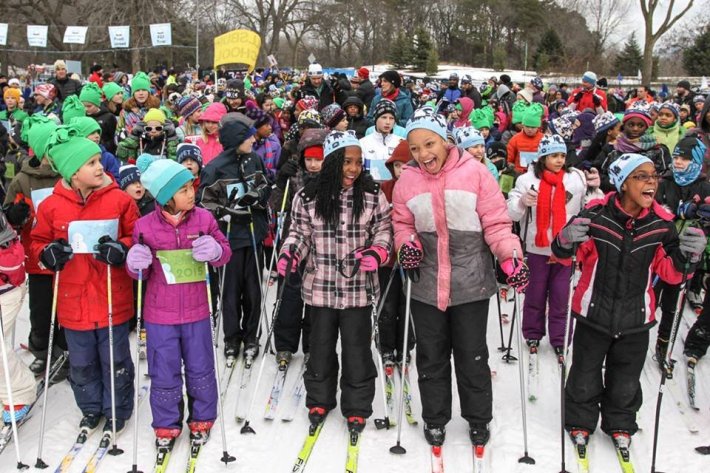
Melanin in Motion
Showing up to a group bike ride, especially if you’re new to the sport or haven’t ridden in a long time, can be scary.
“The joke I always tell is that spandex scares people. And a lot of people in spandex scares most people. A lot of people in the same spandex scares everybody,” chuckles Anthony Taylor. “It says ‘not me’ to everybody else, right?”
Taylor is the co-founder of Melanin in Motion, which encourages people of color to explore the outdoors in all kinds of ways: skiing, hiking, cycling, snowboarding, and more.
Over time, Taylor says, he’s come to learn how important it is to take a multifaceted approach when introducing people to the outdoors. Initially, he thought the solution was simple—just give people bikes, for example, and they’ll ride them. Easy!
Unfortunately, it’s not so straightforward. Not having a bike is just one factor that might be keeping someone from riding. Or it could be a problem of fear, or a lack of confidence, or just a sense of not belonging. On group rides specifically, there’s the concern of, “Will I be able to keep up?” as well as, “Am I going to be the only Black person there?”
“The emotional piece of it was the piece that we weren’t nurturing,” Taylor says. “We weren’t handling peoples’ fear, and their emotions.”
You can apply that to any outdoor activity, which is why, at Melanin in Motion events including the popular Slow Roll group rides, there’s a focus on fun. From Nordic skiing to snowboarding, it’s about getting people out there first, and then nurturing a love of the sport.
Taylor worries that people tend to disqualify themselves due to fear of judgment. Slow Roll combats that with music, with food, and with that emphasis on relationship building. The hope is that it will snowball: People go on one ride, and then another ride, and then they want to buy their own bike, and then they bring a friend.
“The goal is not even about the biking, it’s about building a community of people who bike,” Taylor adds. “It’s acknowledging the struggle to get your butt back outside as a real struggle, and then catering to emotional wellbeing, and then catering to equipment needs, catering to skill needs, and catering to representation and support needs.”
Find the latest updates from Melanin in Motion on Facebook or at melanininmotion.org.

Fat Girls Hiking MN
A lot of outdoor spaces and groups say they’re open to everyone. Only when you get there do you find that, skill- or speed-wise, they might not necessarily mean “everyone.”
“I’ve had the experience myself of really wanting to participate in a group event or activity outdoors and just feeling like, ‘I will not be seen, I won’t be understood, they won’t get it, and I’ll just be hiking by myself anyway,’” says Lindsay Mutegi, Minnesota ambassador for Fat Girls Hiking.
Founded by Summer Michaud-Skog, a Minnesotan who now lives in Oregon, Fat Girls Hiking is a national organization with chapters across the country; its goal is to empower women of all sizes and abilities to get out into nature. At local Fat Girls Hiking events, the group goes at the pace of the slowest hiker, and as the ambassador, Mutegi leads from behind. They take frequent breaks and check-ins as needed, “honoring our bodies as part of the hike, whatever that may be, really placing value on self-care and the outdoors,” she says.
“I think ‘traditional’ hiking, oftentimes, has the mindset of, ‘I need to get to the summit,’” Mutegi continues. “What I have really encouraged and supported in our group is more a mindset of enjoying the journey and embracing the nature around you—stopping to smell the flowers, if you will.”
Mutegi organizes hikes all around the Twin Cities metro, including some upcoming day hikes a little further afield (carpooling is encouraged, and will be facilitated). She prioritizes accessible parks, including those without an entrance fee, and plans at least one hike a month on a paved surface for folks in wheelchairs or who have other mobility needs.
Group sizes can vary widely; Fat Girls Hiking MN events have had anywhere from three to 23 people join in. Often, weather can be a factor, but Mutegi emphasizes that she’ll be out there rain or shine, as long as it’s safe. The hikes continue year-round, with winter routes on paths that are either cleared or snow-packed.
“We’ve made really good friendships; I’ve gotten to be a part of this wonderful group of people that embrace one another and support each other and show up,” Mutegi says. Some hikers have been coming to every single meetup for more than a year now, even getting out there and enjoying those Minnesota winters, and there’s usually at least one new attendee.
And if you don’t identify as “fat,” or as a “girl,” you’re still welcome to hit the trails with Fat Girls Hiking. “We love hiking with people of all sizes and genders and hiking levels.” Mutegi says. “I really believe that everyone should feel represented in the outdoors.”
Find info and RSVP for upcoming hikes on Facebook and on Eventbrite; more info on MN’s chapter can be found at fatgirlshiking.com/minnesota.
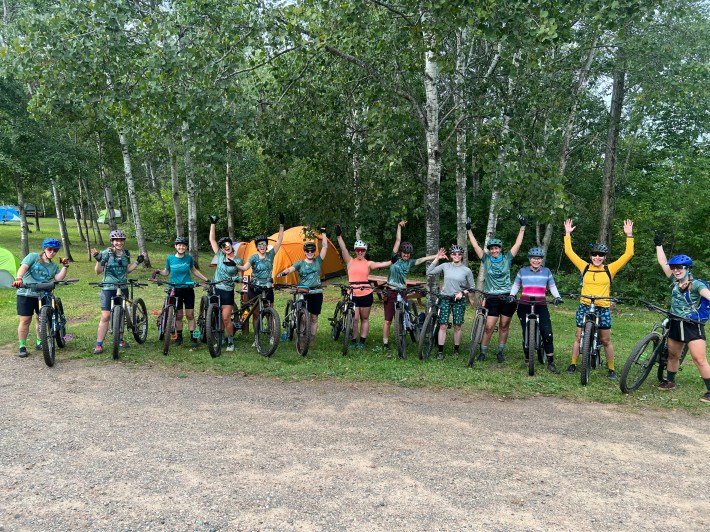
Unruly Women LLC
When she was working in physical therapy in the Pacific Northwest, Unruly Women founder Monica Shoberg remembers chatting with patients about her weekends. Without fail, when she’d reply that she’d been hiking, or backpacking, or mountain biking, the response from female patients was almost always the same: “Oh, I wish I could do that,” or, “Oh, I could never do that.”
“I even struggled with it myself, for a long time—not feeling confident enough to go by myself, always feeling like I needed somebody else to be there, even if I had done it before,” Shoberg says.
When you’re new to an outdoor endeavor, it helps to have a trusted friend who’ll be your guide, show you the ropes in a judgment-free space, and maybe even let you borrow some of their gear. And that’s what Unruly Women’s backpacking retreats, biking trips, and workshops, which take place along the Superior Hiking Trail and throughout northern Wisconsin and central Minnesota, are all about. Think of Shoberg like a friend you hired.
“Backpacking retreats go for like, thousands of dollars, just for a few days,” she explains. Food and transportation likely aren’t included, nor is the gear—and good luck getting a retreat organizer to guide you on what to buy or how much you should realistically spend.
The cost is much more accessible with Unruly Women, closer to $500 for a multi-day trip with a small group. (A percentage of each purchase goes to a scholarship fund for women in need, and Shoberg offers discounts for people of color and LGBTQ+ backpackers.) She’s also building up a gear closet with backpacks and tents, and she carries the bigger things like water filtration, a jetboil system, and fuel.
“If you’ve had access to outdoor spaces, you don’t think about how it’s inaccessible,” she explains. Gear is a big one, and the one that leads to the most unsolicited advice while you’re out there, which “just layers on the discomfort and the intimidation factor.”
Safety practices and skills are, of course, an important part of what you’ll take away from an Unruly Women retreat. But Shoberg also uses backpacking and mountain biking as a way to help women dig through their reservations, their self-consciousness, their fear. It’s about strengthening your intuition, being more mindful.
“By doing those intimidating things, you build the confidence to go after it, and stick with it, no matter what everybody else is saying,” she says. She’s had women register from as far away as Los Angeles for her retreats (“I thought it was a bot,” she laughs) which shows you the need for more of these women-centered outdoor spaces.
“There’s so much joy in being able to do what you want when you want and how you want,” Shoberg continues. “The more of us that are getting out into these spaces and feeling like our most authentic selves… we’ll bring our own way of being into those spaces to help diversify it, so that people aren’t sticking out, and people feel that sense of belonging.”
You know the old saying: Give a gal a backpack, and she’ll carry her stuff around for a day. Teach a gal to backpack, and she’ll experience the magic of exploring the world’s untamed places for a lifetime.
Find more information and register for upcoming retreats, skills clinics, and group rides at unrulywomen.org.
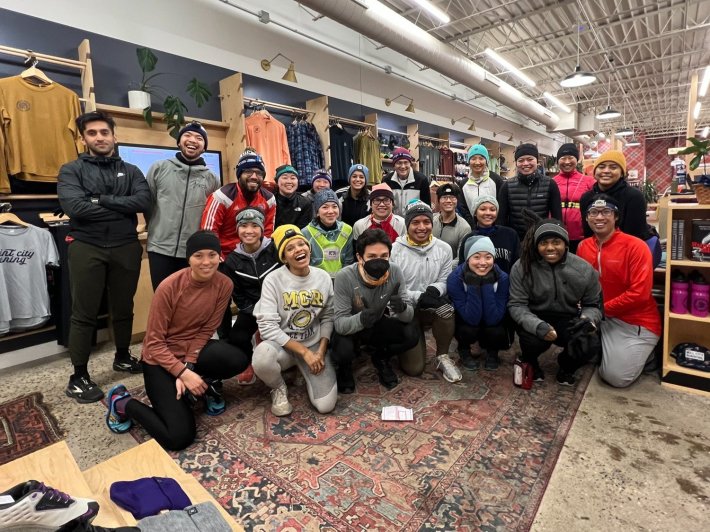
BIPOC Run
“At least in the United States, long-distance running has historically been dominated by white folks, and by white men especially,” explains BIPOC Run Coordinator Sebastian Pelayo Woodward. “It can be hard, sometimes, in the running community, to find folks who look like yourself.”
That’s why a group of Mill City/Saint City Running staff members got together in 2022 and started a monthly meetup for runners of color. The BIPOC Run occurs at 6 p.m. on the second Thursday of each month, alternating between the Minneapolis and St. Paul shops.
Maybe you think of running as a solo sport: Connect your bluetooth headphones, fire up your Garmin watch, and voila, miles and miles of solitude. And it’s not that there’s anything wrong with that. It’s just that you might actually like running with others.
“Running communities from all over the planet—you have the excellent long-distance runners from Ethiopia and Kenya, and the Rarámuri runners from the Sierra Madre mountains of Mexico, the Navajo runners from the Navajo Nation—they all run as a community,” Pelayo Woodward says. “Community running is such a big part of their culture, and it makes a lot of sense. When you’re running with others, it’s a different energy you feel.”
Accountability, accomplishment, a sense of belonging—all are good reasons to join a running club. It doesn’t matter if your pace is super fast, or you’re going for an incredibly long distance (all paces and experience levels are welcome at The BIPOC Run), what matters is that you came to enjoy yourself and meet people. It’s part of the reason this group of runners grab dinner after each month’s run—they want to get to know one another on a personal level.
“Of course, you can make connections while you’re running, but sometimes it can be hard to keep the conversation going,” Pelayo Woodward chuckles.
He wants to emphasize that while it can be daunting to join a new group for the first time, especially if you’re used to running by yourself, this is a group that’ll do everything to make you feel welcome, and to encourage you to come back month after month.
“It’s been super cool to see the regulars who show up, and then the folks who show up and become regulars,” Pelayo Woodward says.
“Somebody’s going to be there to run with you,” he adds. “Nobody runs alone.”
Find more info and BIPOC Run updates at millcityrunning.com/bipocrun.
Even More Minnesota Groups Working to Make the Outdoors Welcoming to All
- KWESTRONG: An Indigenous women's wellness training group, KWESTRONG events include canoeing, kayaking, hiking, running, and more. Learn more about upcoming events and activities on Facebook.
- Biking With Baddies: Biking With Baddies empowers Black women in cycling to build resilience and break down barriers on two wheels. Learn more about upcoming community rides and retreats on Instagram or at bikingwithbaddies.com.
- Native Women Running: The strength and resilience of Native women is at the center of Native Women Running, a group that also fields teams to run in big events including the New York City Marathon. Find more info on Facebook or at nativewomenrunning.com.
- Latinas on the Move MN: A “safe, positive, and fun space for mujeres Latinas,” Latinas on the Move MN hosts weekly runs along with activities like biking, hiking, cross-country skiing, and camping. Join the group and find more info on Facebook.
- Girls on the Run Minnesota: At Girls on the Run, volunteer coaches work to instill elementary and middle school girls with confidence through running. Learn more about how the nonprofit promotes emotional and physical health at gotrmn.org
- Black Men Run Twin Cities: Black Men Run hosts group runs every first and third Saturday beginning at 8:30 a.m. from Bde Maka Ska. Find up to date info on Instagram.
- Grease Rag Ride and Wrench: Grease Rag is a group for transgender, femme, nonbinary, two-spirit, and women cyclists; the collective also hosts open shop nights at The Hub. Find the group on Facebook or at greaserag.org, and find their sibling group for BIPOC FTW cyclists here.
- Outdoor Afro Minnesota: Outdoor Afro is a national nonprofit working to reconnect Black people to the outdoors. Find MN’s chapter on Facebook.
- Maji ya Chai Land Sanctuary: This Black-led nature retreat in Two Harbors provides BIPOC communities with “rest, reconnection and rejuvenation of mind, body and spirit.” Find more info at majiyachai.org, or follow along on Facebook or Instagram.
